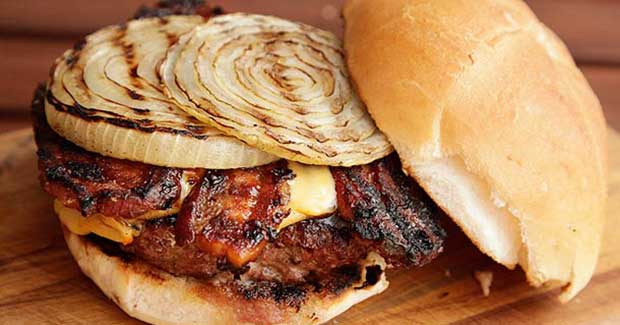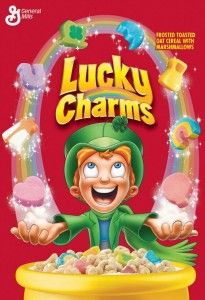Lifestyle
5 Foods Most Americans Don’t Realize Are Unhealthy
By
Brian Delpozo
2 min read
- # American Heart Association
- # burgers
- # cereal
Advertisement - Continue reading below

The concept of healthy eating has perhaps never been more prevalent in American culture. There’s a proliferation of foodie blogs, cooking YouTube channels, and Instagram accounts dedicated to healthy foods and recipes. One would assume that with that many outlets providing information Americans would be better informed about their eating choices. However recent research indicates that many are still unsure of what foods actually count as healthy.
Here are five of the worst offenders:
- Hamburgers: A recent survey from the Mintel research group recently found that a whopping 82% of Americans believe that burgers are a good source of nutrients. While there are some nutritional benefits found in red meat, the high amounts of saturated fat, cholesterol, and trains fats outweigh them.
- Cereal: While there are many healthy breakfast cereals on the market, a majority of the Top 10 cereals in the U.S. are sugary products including Lucky Charms, Frosted Flakes and Cinnamon Toast Crunch. For example, one serving of Frosted Flakes contains 11 grams of sugar which is about half of the American Heart Association’s recommended daily dose of sugar.
- Smoothies: While fruit smoothies seem like a smart choice in theory, most store-bought options contain more sugar than a can of soda. On top of that, most load their drinks with fruit instead of veggies and protein.
- Gluten-Free Foods: While obviously those with specific health concerns like celiac disease should continue avoiding gluten, those doing so because it’s a trendy new diet may be doing more harm than good. A diet lacking in gluten is missing whole grains, B vitamins, iron, and fiber. On top of that, they may be in greater danger of suffering diabetes and heart disease.
- Pre-Packaged Turkey: While turkey can be a healthy source of protein, most store-bought cold cut brands contain large amounts of sodium which can lead to fluid retention and high blood pressure. Even “low sodium” options contain large amounts of salt.
Advertisement - Continue reading below














